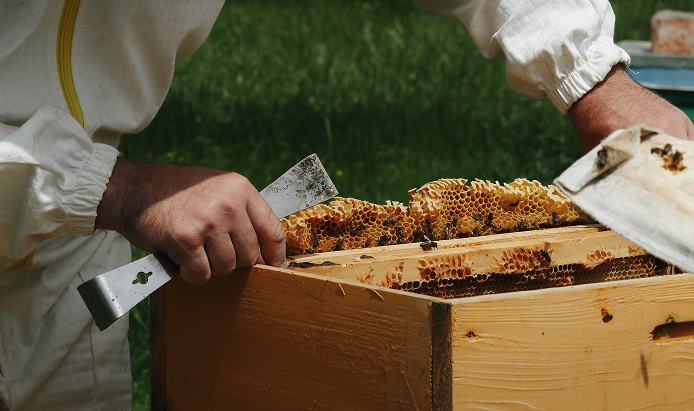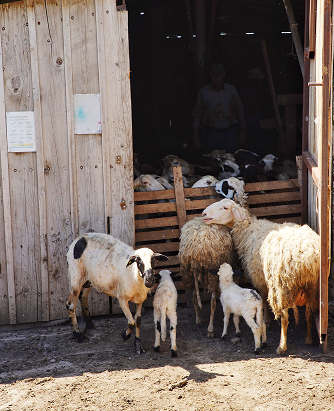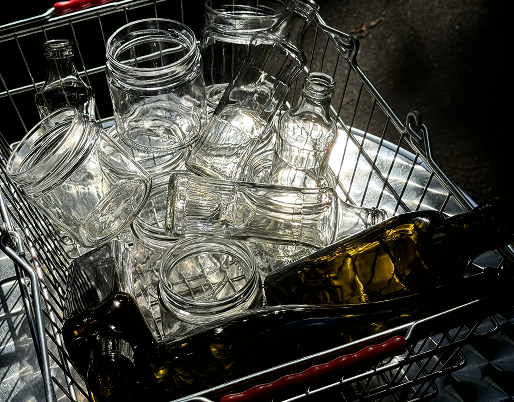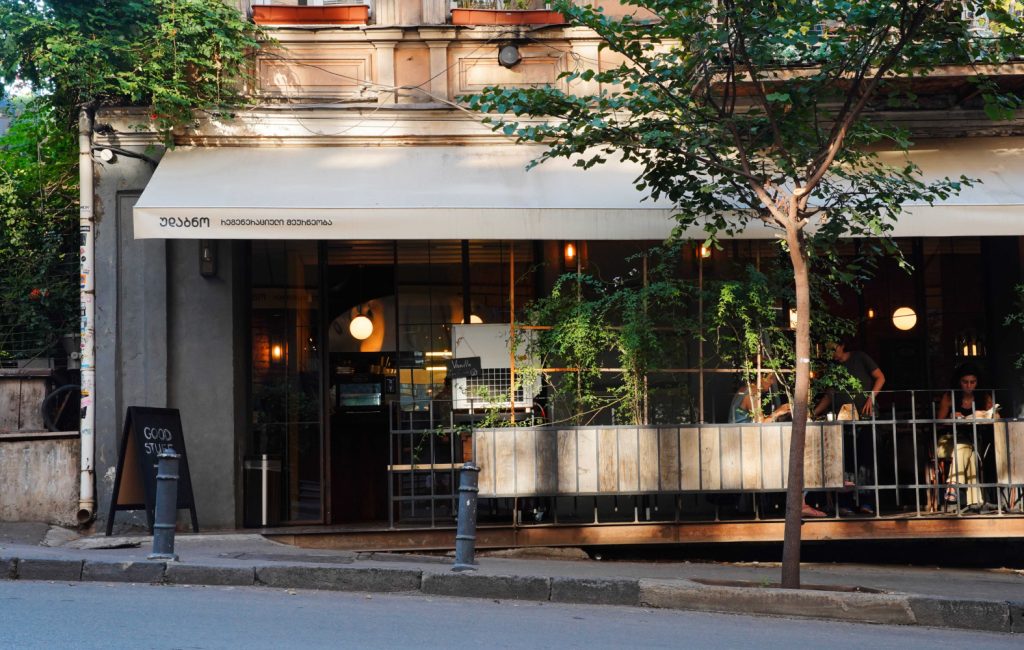“Nature has taught me so much about moving with the seasons… the frenetic pace of doing, doing, doing without being present with each other and the season we are in, what is happening around us, is unnatural and counter to life.”
—Brenda Salgado
Regeneration is nature’s way of renewing itself. Every being on Earth understands it—cells repair, forests regrow, rivers carve new paths. More than just a process, it’s a constant presence. It is the act of recognizing ourselves as part of the natural world, not separate from it. We ask for permission from the land before we cut and dig, use little to no chemicals in the process, and give nature its course and freedom. It is the act of recognizing ourselves as part of the natural world, not separate from it. This philosophy extends beyond farming—it shapes how we consume, reduce waste, and respect nature’s cycles.
Imagine a chain where each link is a different living organism, working together in perfect symbiosis. That’s what regeneration looks like—a delicate balance, maintained with as little interference as possible. It’s about giving nature the freedom it’s always had but often been denied. For centuries, profit-driven practices have disrupted these natural cycles, making it harder for ecosystems to recover. And not even start on single-use plastics—the stuff we’ve normalized but which clogs our planet with waste, pollutes our environment, and depletes resources.
This is where regeneration meets refill philosophy. Two concepts, deeply intertwined, rooted in ecology and sustainability. Refill is not a trend, it’s a familiar idea—just like the old practice of reusing milk bottles. Our packaging reflects this approach—no labels except the mandatory ones, and nearly everything in our shop follows the same concept. The problem with food packaging begins the moment it’s made. Regardless of its size, everything eventually becomes waste—food becomes compost, while plastic piles up in ever-growing landfills. Nearly every product we buy, especially processed food, comes wrapped in packaging. The real challenge is finding a way to break this cycle.
At Udabno Shop, these concepts are reflected in everything we do. You can buy products directly from the farm, each shaped by the rhythm of the land. The flavors from Udabno Regenerative Farm shift with the seasons. As winter ends and spring begins, the cows eat the last of the winter grass. This makes the milk creamy and smooth, bringing out deep, comforting flavors in our dairy products. The almonds and almond-based products carry the richness of the land, just as our bread and pastries reflect the time-honored traditions of natural fermentation. We don’t force crops to grow out of season—they follow their own pace, absorbing the richness of the soil and the time they need to thrive. Each product is a result of patience, commitment, and respect for nature’s own wisdom.
Refill philosophy is about more than just protecting the environment—it’s about being more conscious about over-consumption. It’s about being mindful of our choices and how they shape the world around us. We hope to inspire our customers to consume more consciously, making choices that reflect care for the planet and future generations.
At Udabno Shop, we’ve already made it easy for you to join this change. Bring your own container, weigh your goods, and refill just what you need. Grains, nuts, honey, sour cream, flour, oils—most of what we offer at Udabno Shop can be refilled. Plus, beyond sustainability, every refill comes with a 10% discount.





